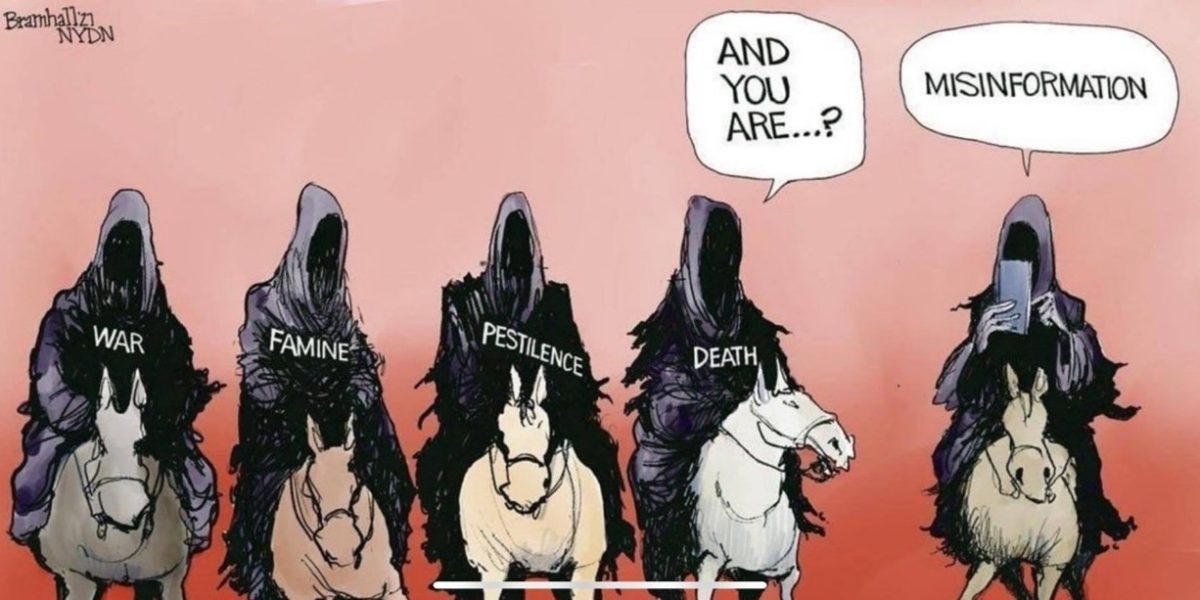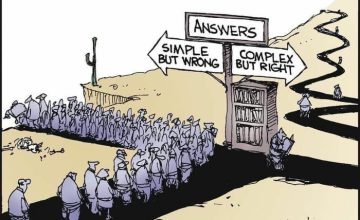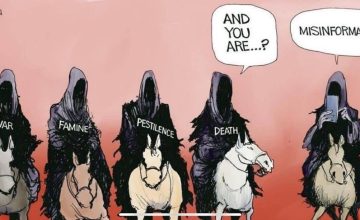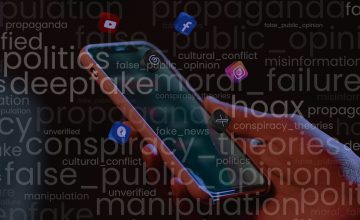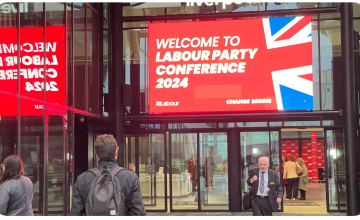The digital age has ushered in a new era of communication, where information, whether it’s good or bad, is rapidly disseminated and misinformation can proliferate unchecked. This phenomenon has significant implications for politics and business, particularly for the actions of influential figures.
Trump’s Influence and the End of Government Censorship
In a sweeping move, President Donald Trump ordered the immediate cessation of all government censorship of social media. This action could potentially dismantle decades of collaboration between Silicon Valley and government bodies aimed at combating fake news.
The order is seen as a victory for those who weaponize disinformation and for big tech platforms like Meta and X, which have adopted a more right-wing, hands-off approach to fact-checking and content moderation.
Mark Zuckerberg, CEO of Meta, insisted that the decision was made in the name of “free speech,” but it has been largely viewed as an attempt to appease the Trump administration. Following this decision, Trump praised Zuckerberg, and tech moguls like Elon Musk and Jeff Bezos had prominent seats at Trump’s inauguration on January 20th.

What is unique about this threat is that Big Tech monopolies have infiltrated markets and spaces beyond the tech space itself – accumulating unprecedented levels of economic and political capital.
A Podium for Misinformation
These moves have sparked a flurry of reactions within the communications industry, mostly of concern. With the rapid pace of news cycles on social media, it is impossible for journalists to debunk lies as quickly as they appear.
The rise of AI-optimised content further complicates the situation, making it even more challenging to win the fight against misinformation on social media.
Impact on Brands and Public Trust
As companies strive for growth amid more disruption and uncertainty, the corporate affairs and communications functions must evolve from reputation management to becoming a driver for growth.
Businesses are facing an unprecedented surge in the volume and complexity of risks. Geopolitics, regulatory uncertainty and reputational risks are top concerns. This includes challenges such as international conflicts, trade tensions and political instability.
ESG communication strategies are shifting, focusing less on broad messaging and more on specific, business-critical ESG topics. While ESG remains important, there’s a more cautious approach to communications. This shift is partly due to changing public sentiment but also the need to align ESG efforts more closely with business performance.
How Strategic Communications Mitigate Risks and Threats for Enterprises and Thought Leaders
Negative press travels fast and damages a business or personal reputation overnight. Strategic communications are essential for managing any potential crises.
To mitigate these risks, brands must monitor platforms closely and maintain transparency in their communications. This includes social listening, focusing on authentic content, developing crisis communication plans, adopting third-party verification, and partnering with reputable agencies for guidance.
Since the pandemic, the corporate affairs function was called upon to support organisations with the public health emergency, communications leaders have increasingly become involved in strategic decisions, acting as trusted advisors and providing crucial external perspectives to leadership. Competencies for corporate and strategic communications leaders include data and insights, business acumen and integrated communications planning.
- Data and insights are crucial for better decision-making and demonstrating value.
- Business acumen is essential for aligning corporate affairs work with business objectives.
- Integrated communications planning aims to create more cohesive and impactful campaigns across various channels and stakeholders.
If you would like to discuss how Commcorde can help build, maintain and protect your business or personal reputation, get in touch with one of our specialist consultants for an informal chat: [email protected]

